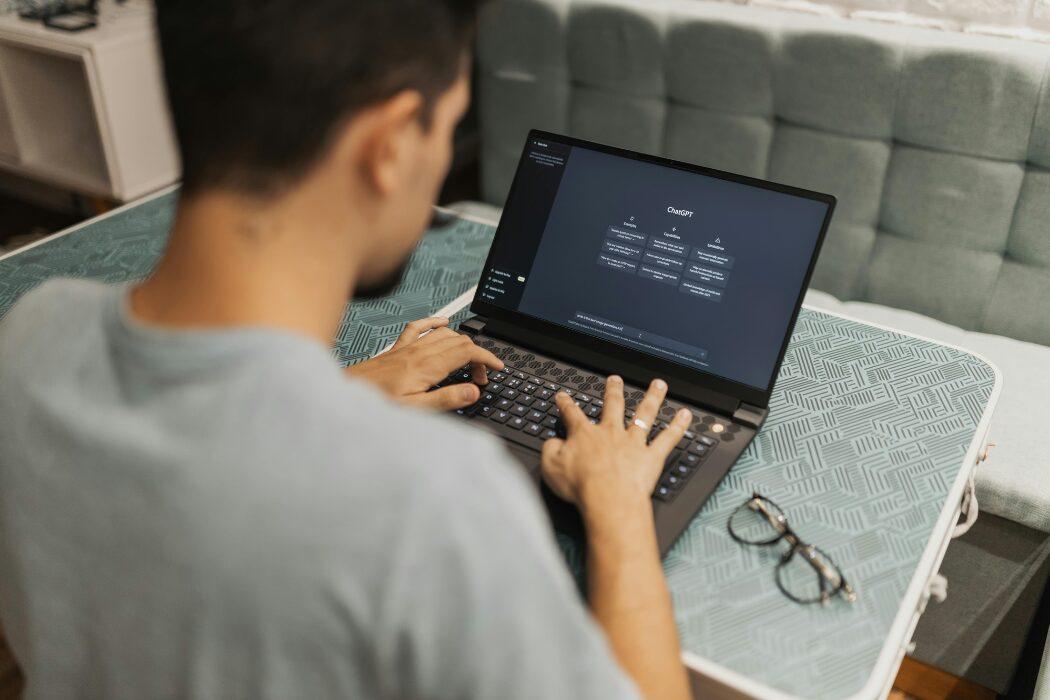If 2020 showed us anything, it’s how much we rely on the internet to run our lives. We use it to check emails, read news, shop and communicate with our family, friends and colleagues. In the last week alone you have probably used a video calling tool like FaceTime or Zoom, and your patients are no different.
Patients are now more educated and expectant of online services than ever, especially when it comes to their healthcare. Even before the pandemic, the number of virtual consultations (or telemedicine consultations) was on the increase, with many healthcare systems advocating a digital-first approach.
There’s no doubt that global shocks like Coronavirus (COVID-19) have exacerbated the uptake in video consultations. Stay at home measures and increasing patient anxiety around COVID-19 have meant that many people are much less willing to travel for appointments and would prefer a virtual consultation instead.
Looking ahead to 2021
At Doctify we believe it’s safe to say that video consultations are here to stay and the demand for telemedicine will only increase in 2021.
In fact, a recent study carried out by Software Advice* found that the significant majority of patients are more likely to choose a medical provider who offers telemedicine over one who does not.
So, if your goal is to attract more patients to you then offering video consultations is a great way to ensure you’re keeping up with patient demand.
New Doctify Video Consultations
Our new secure video tool has been specifically designed to help healthcare professionals provide the best experience for both patients and doctors alike. Doctify Video Consultations include a whole host of new features which make it easier than ever to schedule and perform video calls; from live chats to screen sharing.
This new launch will be highly impactful in helping you provide your patients with a more personal experience, whilst allowing you to maintain great quality and continuity of care.
With the new Doctify Video Consultation tool you can:
- Schedule and host video consultation with patients directly from your Doctify profile
- Display both your in-person and video consultation availability on your Doctify profile
- Start a live chat with your patient – share notes and liaise via messenger
- Share your screen to show patients documents and scans
- Annotate documents live on-screen and draw attention to specifics
If you haven’t already done so, make sure you watch our short explainer video or get started today.
What are the benefits of video consultations?
Video consultations have a number of benefits to specialists and their practices. They establish a more personal experience, allow a superficial examination, live sharing of content (scans, test results, diagrams) and importantly they enable a specialist access to a degree of non-verbal body language, which can be crucial when discussing sensitive information. Providing a more professional and personal interaction with a patient helps to build and maintain a rapport.
Having said that, a video consultation is not a replacement for a hands-on physical examination. The combination of video interaction and regulatory guidelines will however allow the specialist to triage the patient and deem whether a physical examination is required, potentially saving both parties the time and cost of travelling in to an unnecessary appointment.
Ultimately, video consultations give professionals much more flexibility to manage their weekly diaries, enabling them to decide whether they see patients at home or at clinics/hospitals.
Doctify members give us their verdict
We interviewed a few of our specialists, across different specialties, to get their take on video consultations and the impact it has had on their practices.
What’s great to see is our specialists are actually enjoying performing video consultations and better yet, patients are loving this alternative!
Our specialists have shared their tips on how to set up and conduct successful video consultations. Here’s what they have to say;
“Important to inform the patient if you are taking notes and check the patient is comfortable” on a regular basis
Dr Usha Sharma (GP)
“Confirm that the patient is happy to proceed with the video consultations and request the parent to help you perform examinations (eg. feeling for lymph nodes)”
Dr Helen Brough (Paediatrics)
“Imagine your patient is face-to-face, look professional and ensure you are not interrupted”. He suggests perhaps leaving a sign outside your consultation room.
Mr Ian Currie (Gynaecologist)
Ensure you have a comfortable headset and good lighting so patients can see and hear you clearly. It’s also important to “adapt your clinical examinations as you won’t be able to be hands on”
Mr Nick Ferran (Orthopaedic Surgeon)
“Set your room up, understand your camera angles and back drop, have your props ready. Make sure you follow up consultations with clarification on what you need them to do, including sets and reps if exercise led”
Mr Cheyne Voss (Physiotherapy)
Nearly all the specialists said that without a doubt, video consultations will be a permanent addition to their practices beyond this crisis. Whether it is to connect with overseas or out-of-area patients or to conduct follow ups. Now more than ever it is vital to be agile and offer patients an alternative to an in person consultation. Doing so will allow you to continue to give your patients the advice, reassurance, and care they need.
If you’d like to start using the new Doctify Video Consultation feature but need some guidance, our Customer Success team is on hand to walk you through it and answer any questions you might have. Just get in touch at hello@doctify.co.uk.
Source: https://www.softwareadvice.com/resources/improve-patient-care-through-technology/




